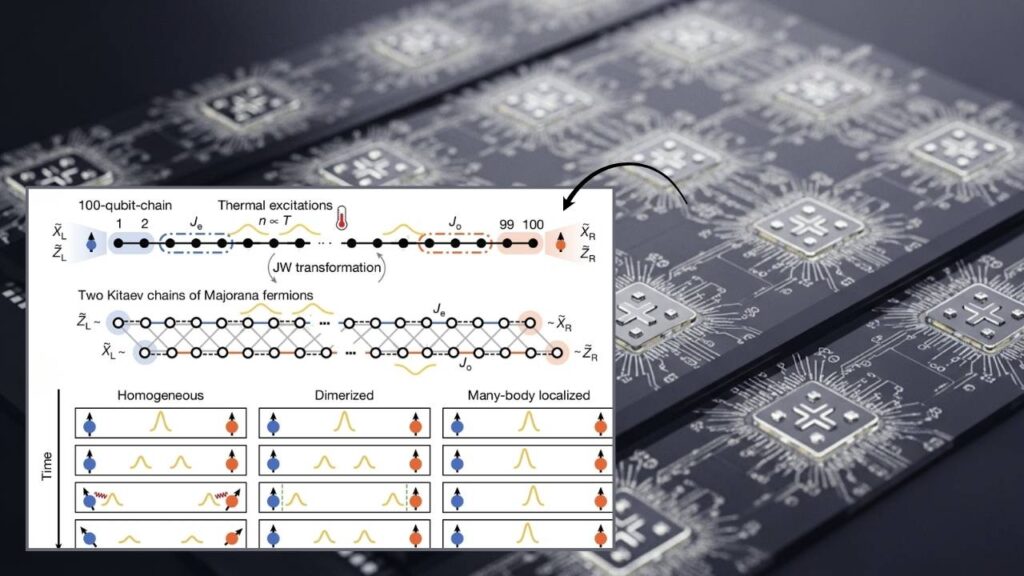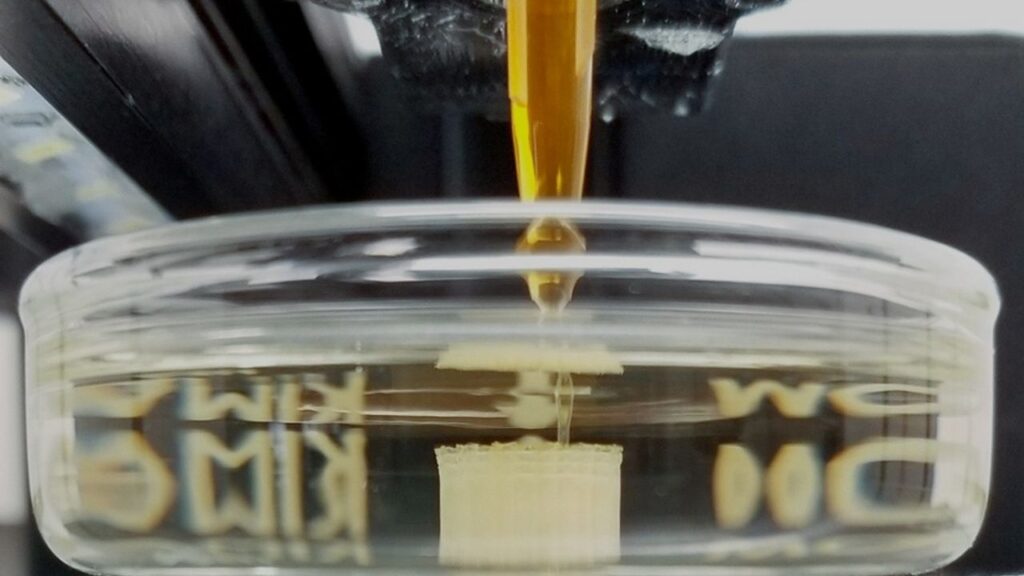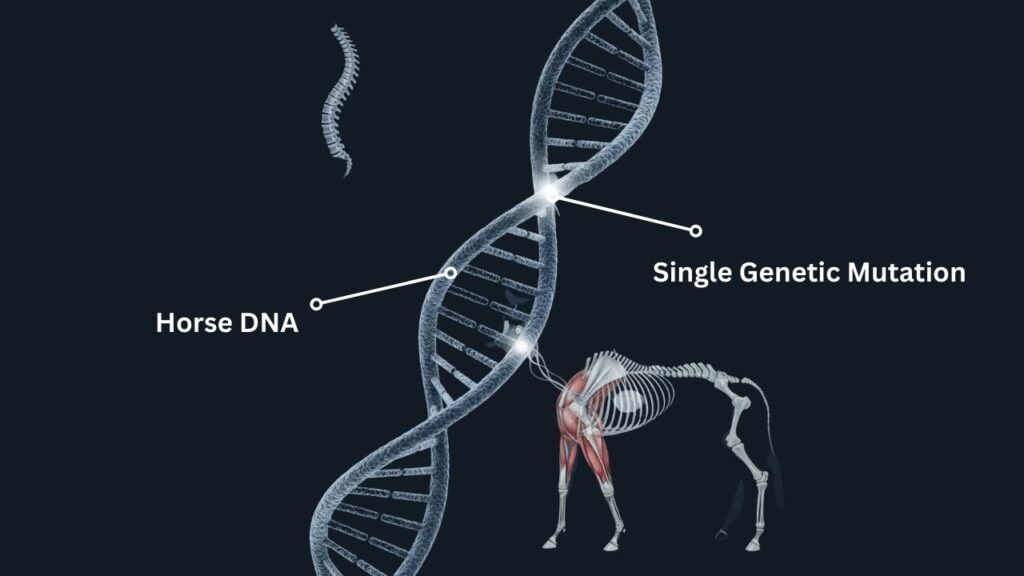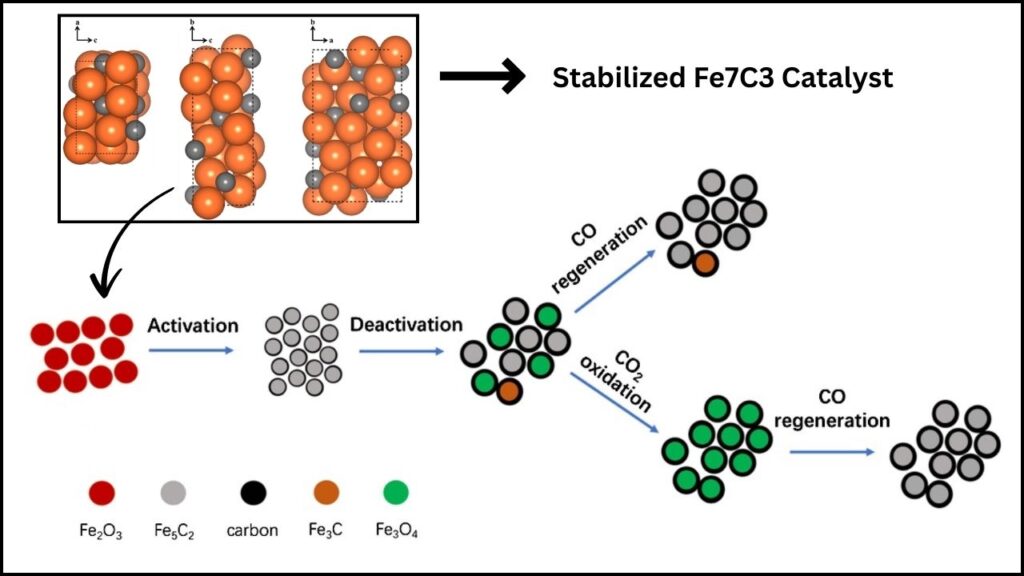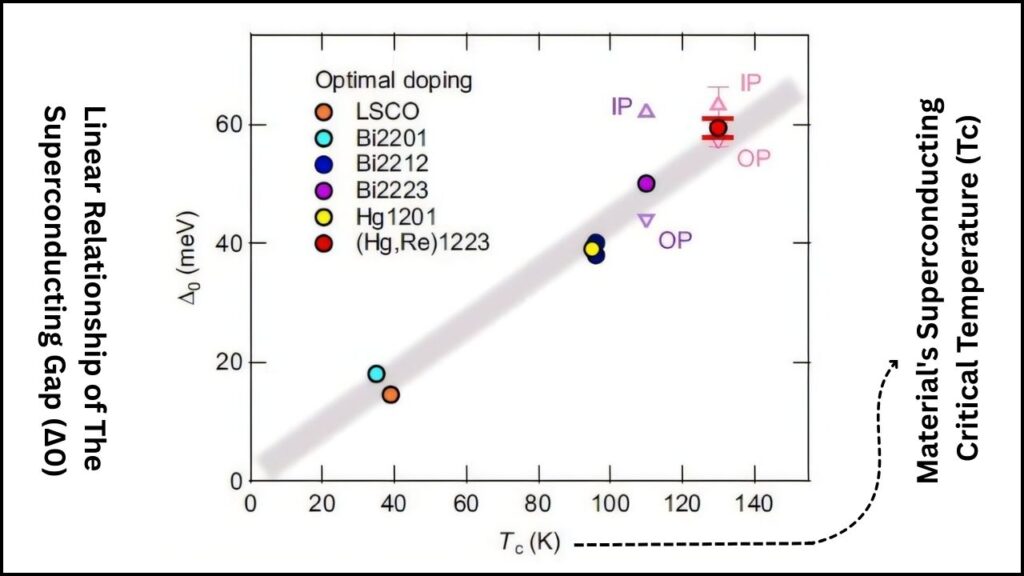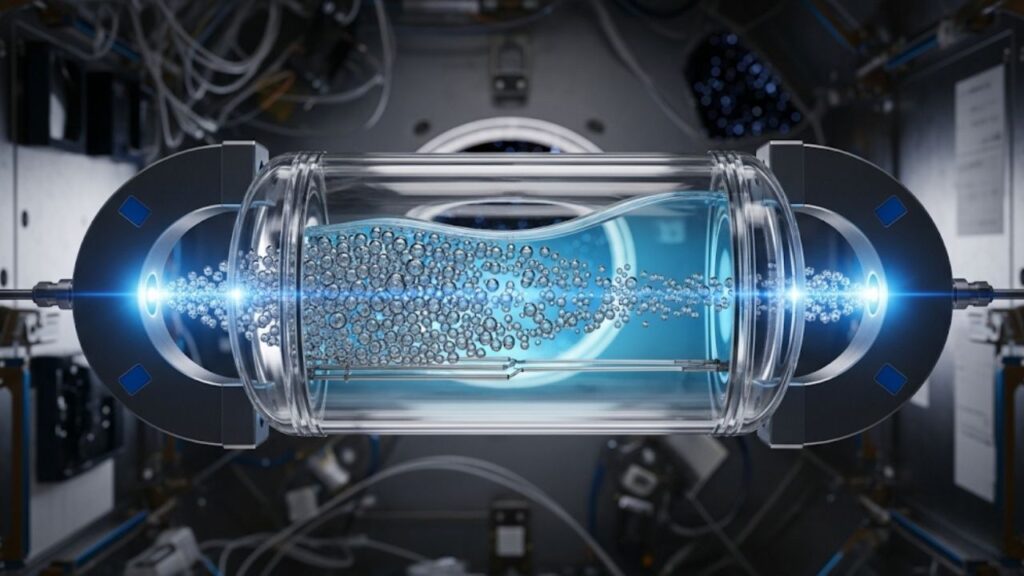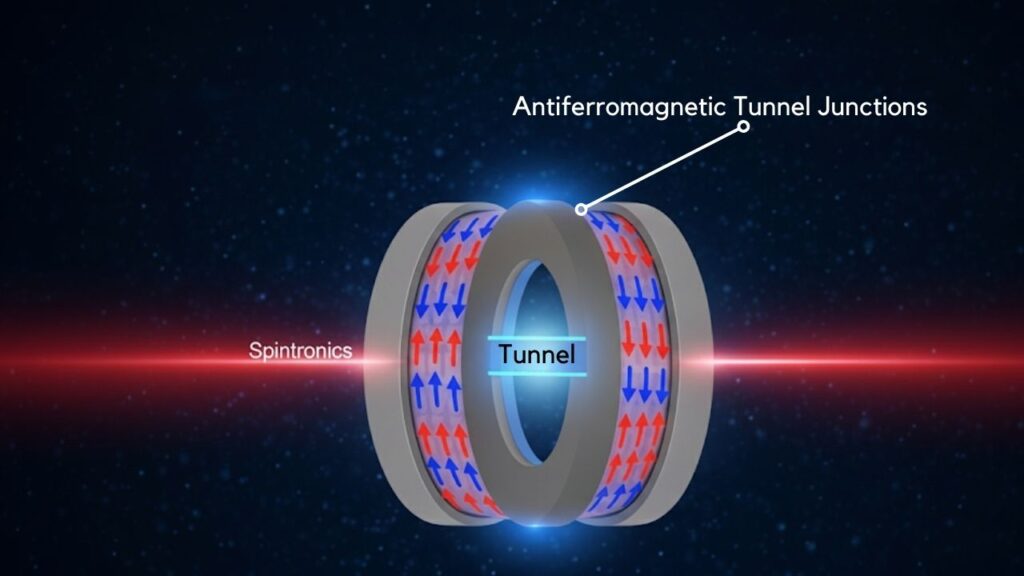AI-Driven Models Accelerate Molecular and Materials Discovery in Biomedical Research: AI-driven models are transforming biomedical research by accelerating the discovery of molecules and materials vital to drug development, diagnostics, and personalized medicine. What once took scientists years in the lab can now be simulated in days using artificial intelligence (AI) and machine learning (ML). This shift is changing how we develop drugs, model diseases, and create materials for medical applications—dramatically reducing both time and cost.
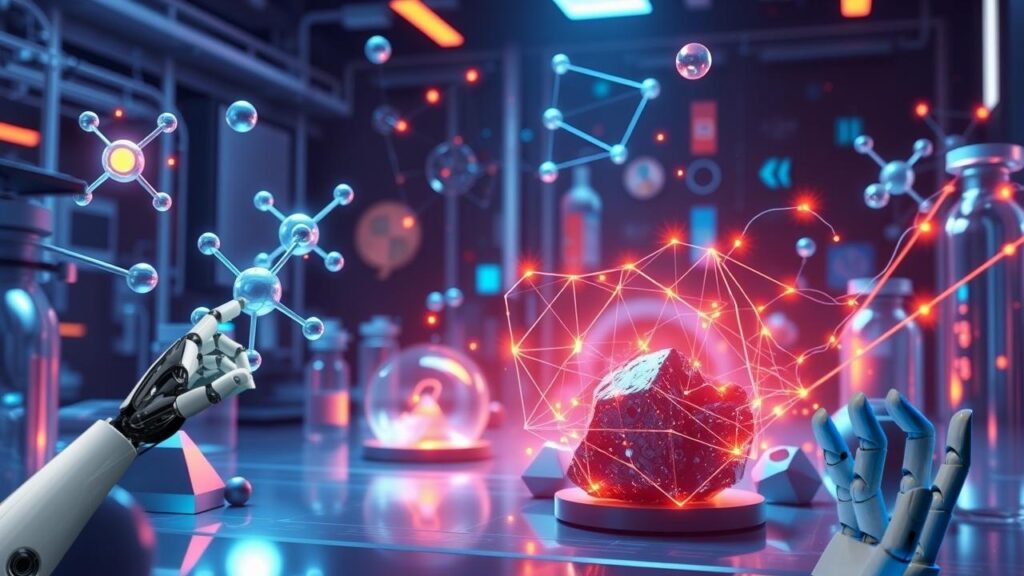
Whether you’re a curious reader or a professional in the field, understanding how AI is reshaping biomedical discovery will give you a front-row seat to one of the most important technological advances of our time.
Table of Contents
AI-Driven Models Accelerate Molecular and Materials Discovery in Biomedical Research
| Topic | Details |
|---|---|
| Primary Focus | AI in biomedical molecule and material discovery |
| Core Technologies | AlphaFold, transformer models, generative AI, autonomous labs |
| Major Organizations | DeepMind, Isomorphic Labs, SandboxAQ, Basecamp Research |
| Key Stats | Over 200M protein structures predicted by AlphaFold |
| Applications | Drug discovery, disease modeling, synthetic biology, bioengineering |
| Impact | Cuts drug development time by 30–50% |
| Career Opportunities | Bioinformatics, AI-driven pharma R&D, data science |
| Ethical Considerations | Data privacy, AI bias, explainability |
| Official Resource | AlphaFold Protein Database |
AI-driven models are redefining how we discover and develop molecules and materials for biomedical applications. From protein folding to new drug development and smart biomaterials, AI is supercharging the speed and accuracy of research that saves lives.
As data grows and AI tools evolve, the future of healthcare will increasingly depend on algorithms working alongside scientists—delivering treatments faster, safer, and more affordably than ever before.
Why AI Is a Game-Changer in Biomedical Research
Drug and material discovery has traditionally been a slow and expensive process. On average, developing a new drug takes 10–15 years and costs over $2.6 billion. The success rate is low, with only 1 in 10,000 compounds making it to market.
AI shortens that timeline significantly. By analyzing massive datasets—including genomics, chemical libraries, and disease models—AI can identify promising molecules and materials faster and with greater precision. This dramatically reduces trial-and-error testing and accelerates every phase of the research pipeline.
AlphaFold and the Protein Revolution

In 2020, DeepMind’s AlphaFold stunned the scientific community by accurately predicting 3D structures of proteins from their amino acid sequences. Since then, AlphaFold has predicted over 200 million protein structures, covering nearly every protein in the known universe.
Understanding protein structures is essential for designing effective drugs. For instance:
- Researchers studying Alzheimer’s can now model how proteins misfold, potentially preventing or reversing the process.
- Cancer biologists can design drugs that bind precisely to tumor-related proteins.
How AI Is Powering Materials Discovery
AI models also revolutionize the discovery of biomedical materials—used in implants, diagnostics, and drug delivery systems. Companies like SandboxAQ and Basecamp Research use AI to simulate and design:
- Biocompatible implants
- Responsive drug carriers
- Bioengineered tissues
- Smart biosensors
For example, researchers are using AI to create nanoparticles that target only cancerous cells, reducing harmful side effects of chemotherapy.
These innovations are not theoretical—they’re being developed and tested in leading labs and biotech startups worldwide.
The Rise of Autonomous Labs and Digital Scientists
Imagine a lab that runs itself, 24/7, making decisions on what to test next, guided by real-time AI analysis. That’s what autonomous labs now offer.
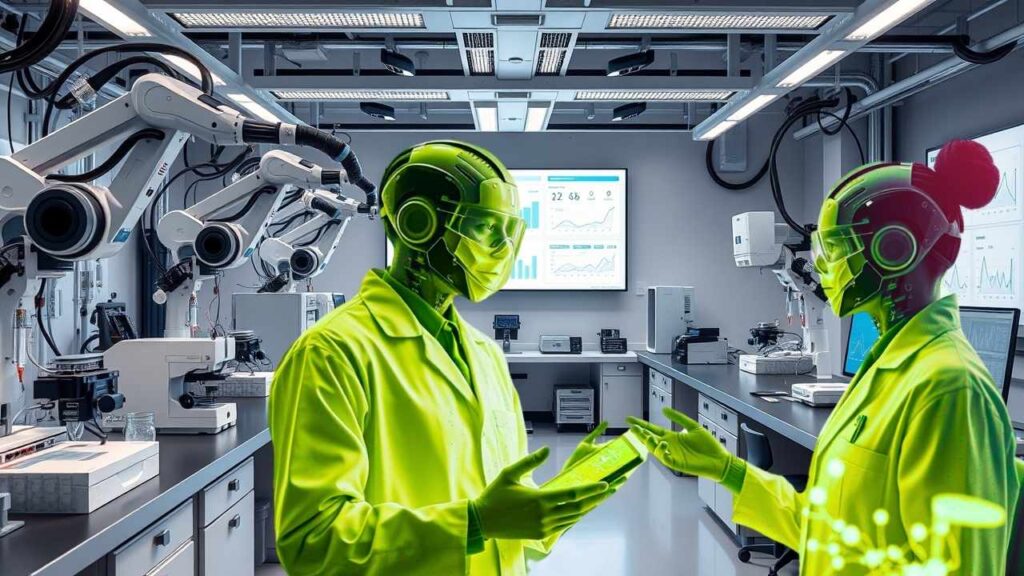
In one case, a robotic chemist developed at the University of Liverpool completed 688 experiments in 8 days, discovering a new catalyst that might have taken humans months to find.
Autonomous labs integrate:
- AI planning agents
- Robotic arms and lab instruments
- Continuous learning systems
These tools are now being used to test drug interactions, optimize vaccine formulations, and engineer new biomaterials.
Generative AI: Designing the Next Wave of Molecules
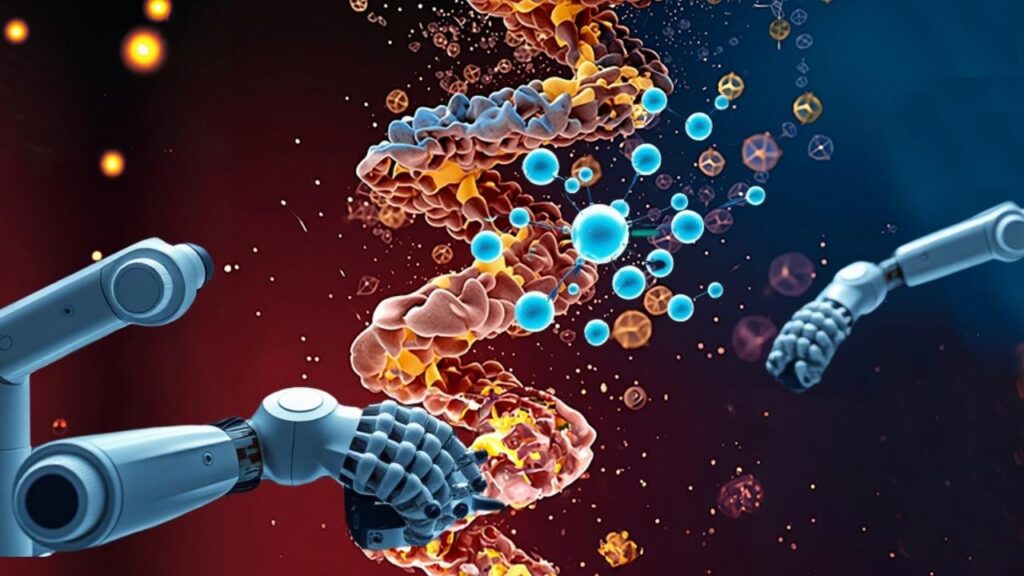
Generative AI isn’t just for writing text—it can design entirely new molecular structures, even ones that don’t exist yet in nature.
Companies like Insilico Medicine and Isomorphic Labs use transformer-based language models to:
- Design molecules with desired properties (like solubility or stability)
- Predict how molecules bind to proteins
- Optimize candidates for safety and effectiveness
These tools can generate millions of potential drug candidates in days, then rank the most promising ones for lab validation.
A Step-by-Step Guide to AI-Accelerated Discovery
Step 1: Data Collection
AI models require extensive datasets: gene sequences, clinical records, chemical compounds, and protein structures.
Step 2: Preprocessing and Feature Engineering
Data is cleaned and structured. Important biological features (e.g., binding sites or toxicity markers) are extracted.
Step 3: Model Training
Machine learning models learn from previous outcomes to predict future behavior of molecules or materials.
Step 4: Candidate Generation
Generative AI creates new drug molecules or materials with specific characteristics.
Step 5: In Silico Testing
Simulations test safety, bioavailability, and binding strength—before any lab work is done.
Step 6: Lab Validation
Top candidates undergo biological experiments for verification and refinement.
Step 7: Iteration and Feedback
Lab results inform AI models, making them smarter with each cycle.
Career Opportunities in AI-Driven Biomedicine
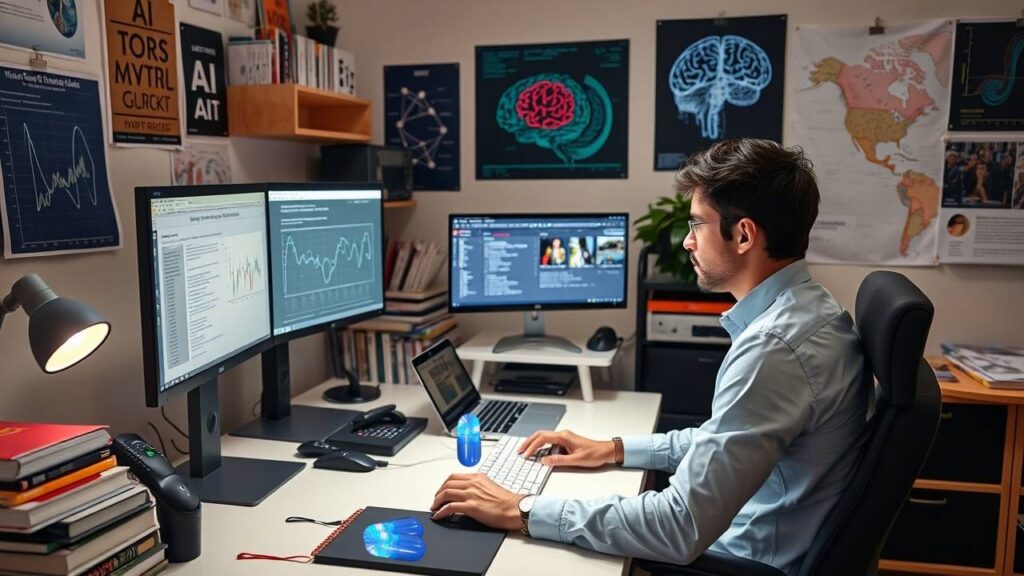
This rapidly growing field is creating new job roles that blend biology, chemistry, and computer science. Career paths include:
- Computational Biologist
- AI Drug Discovery Scientist
- Bioinformatics Analyst
- Pharmaceutical Data Scientist
- Biomedical Software Engineer
A strong background in life sciences with additional training in machine learning or data science can open doors in this space.
Ethical and Regulatory Considerations
As with any powerful technology, AI in biomedicine raises important ethical questions:
- Bias in Data: If AI is trained on limited or skewed datasets, it may suggest drugs that don’t work well across diverse populations.
- Transparency: Many AI models are black boxes—scientists can’t always explain how a result was reached.
- Regulation: Agencies like the FDA are developing frameworks to assess AI-designed treatments, but standards are still evolving.
To ensure trust, AI tools must be explainable, validated, and used under human supervision.
Tech Meets Textiles: Smart Fabrics That Monitor Health and Power Devices
Can DNA Store the Internet? Exploring Molecular Data Storage Technologies
Berkeley Lab Unveils Doudna Supercomputer to Propel AI and Genomics Research
What is AI-driven molecular discovery?
It’s the use of artificial intelligence to find, predict, or design new molecules and materials for biomedical use.
How accurate are AI predictions?
AI tools like AlphaFold have achieved over 90% accuracy in protein structure prediction, and their performance continues to improve.
Are AI-designed drugs already being used?
Several AI-designed drug candidates are in clinical trials. Widespread use in approved treatments is expected within 3–5 years.
Can AI replace chemists or biologists?
No. AI supports and accelerates human research but doesn’t replace expert judgment, intuition, or ethical oversight.
What skills do I need to work in this field?
A blend of biology, programming, and machine learning is ideal. Python, data analysis, and knowledge of molecular biology are key.
Future Outlook: What’s Next?
By 2030, experts predict:
- Over 30% of new drugs will be at least partially designed by AI
- AI will help develop personalized medicines tailored to your DNA
- Entire drug discovery pipelines could be managed autonomously
The integration of quantum computing and AI may unlock even more complex molecular simulations, making today’s supercomputers look primitive in comparison.
